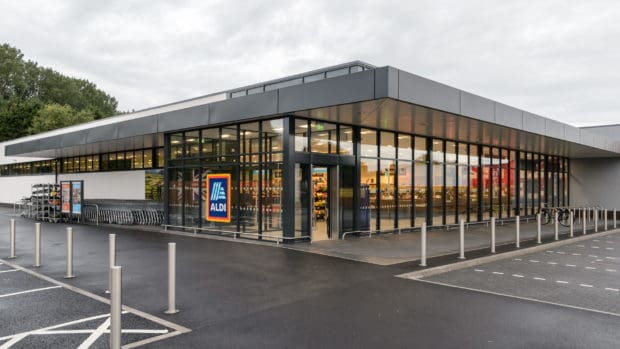Two thirds of consumers (66 per cent) have returned an unsuitable item to a retailer within the last year, with 42 per cent stating that they failed to return their unsuitable items because the return process was too much hassle. This is according to research commissioned by retail technology expert Conversity, which emphasises the need for retailers to implement technologies that help advise customers to choose products that meet their requirements.
The survey, which was carried out by Censuswide and polled 1,000 consumers, found that while the average value of unsuitable unreturned items is £40, this almost doubles to £79 for the 25-34 age range. It’s also higher for the 16-24 and 35-44 age ranges, but interestingly decreases dramatically for the 55+ age range in which the average value of unsuitable unreturned items is just £18.
The research also discovered that consumers believe that honest online reviews and better quality product information are the best solutions for helping them to reduce their need to return items, with 24 per cent and 23 per cent stating this respectively.
For Sarah Cameron, director of customer experience at Conversity, these statistics demonstrate a need for consumers to ensure they’re making the correct purchase decisions and also outline what retailers should be doing to reduce the environmental impact and cost of returns.
Cameron says, “While the eCommerce revolution has made products and services more readily available and very convenient to purchase, it’s also resulted in consumers buying items they may not necessarily need or buying a wider range of items, with the intention to return those that don’t work out. This has been particularly prevalent in the fast fashion industry in recent years. With increasing retail pressure to reduce operational costs, coupled with greater awareness and the broader growing conversation around sustainability and the impact of returns on the environment, there has been a shift in this mindset, but there is still clearly some way to go.
“Retailers and brands should be looking to better empower their customers to have the confidence to buy items that are right first time based on their needs, through improved customer experiences that reduce the likelihood of returns,” continues Cameron.
Innovative recommendation engines, known as intelligent guided selling (IGS) technology can transform this process, capturing the personal needs and motivations of customers in real time and understanding their mindsets to ensure recommendations that are personal to them are made. Consumers can navigate through a plethora of product options quickly and easily, which reduces the chances of returns by ensuring they purchase the right product at the first time of asking.
Cameron adds, “Not only does this ensure customers experience personalised needs-based selling that empowers them to make purchase decisions, but it also delivers higher conversion, basket size and customer satisfaction for retailers.
“In addition, IGS technology ensures that the information required by different consumers is present at the right time for them; whether that be reviews of a product or more detailed and better quality product information, as outlined as the top factors for minimising returns, according to the research.”
Other factors that consumers noted as minimising their need to return items included ‘knowledgeable staff available’ (19 per cent), quality advice being readily available (17 per cent) and technology available on the website or app that helps to narrow down options based on specific preferences (16 per cent).
Cameron concluded: “What’s clear to see from this data is that consumers need a range of information available to them in order to make appropriate purchase decisions. In the competitive landscape of the retail sector currently, implementing the right technology that enables shoppers to make these right choices will give retailers an advantage over others and support longer term sustainability.”








Share